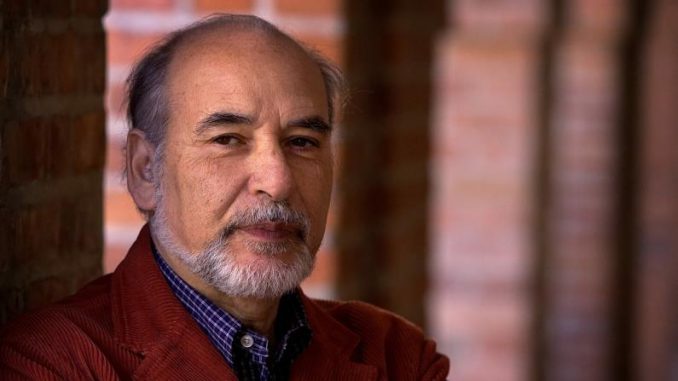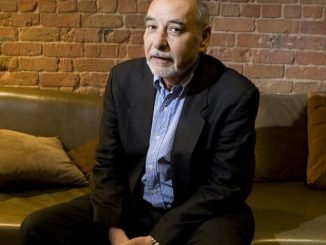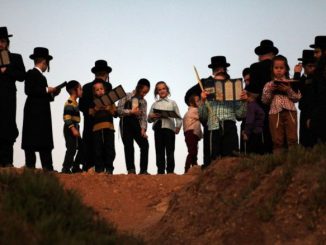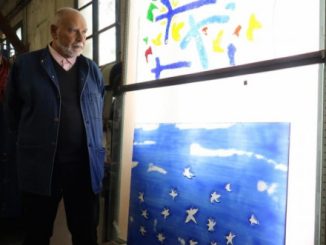
Tahar Ben Jelloun is one of the most controversial writers in Moroccan and Arab literary circles. While some critics consider him a great writer and a fierce defender of secularism, freedom and human rights, others do not take him for a folk writer who is inferior to the West and who, in his writings, has drawn an exotic portrait of his country, in order to satisfy the French readership that loves this kind of literature.
Tahar Benjelloun was born in Fez in 1944. He left the spiritual capital of Morocco to settle with his family in Tangier, where he spent his first years of studies before moving to Rabat, then Casablanca and the he emigrated to Paris in 1971 once the decision to making philosophy taught in Arabic had been taken. (He taught philosophy for several years at the Universities of Rabat and Casablanca).
Tahar Benjelloun had a political experience in Morocco when he participated in student demonstrations in the mid-1960s. But the ordeal of the incarceration he endured from 1966 to 1968 and which he transposed, 50 years later, in his novel “La punition”, encouraged him to turn away from politics and to militate through writing.
Tahar Benjelloun spent his years of study in French. He also wrote his first poetic essays in French. French has remained his writing companion until today, but the French have never considered him a French writer and have always classified him as a French-speaking writer. This is what has always saddened him deeply, especially since he is a Goncourt laureate, a prize that he himself considered more important than the Nobel Prize.
Tahar Benjelloun is the author of many diverse and varied literary works including “L’enfant des sables”, “L’Auberge des pauvres”, “Harrouda”, “Moha le fou, Moha le sage”, “La prière de l’absent”, “La nuit sacrée”, etc.
His book, “This Blinding Lack of Light”, published in 2001, has caused great controversy, particularly among Tazmamart’s former detainees, who have accused him of exploiting their case for personal gain.




Be the first to comment